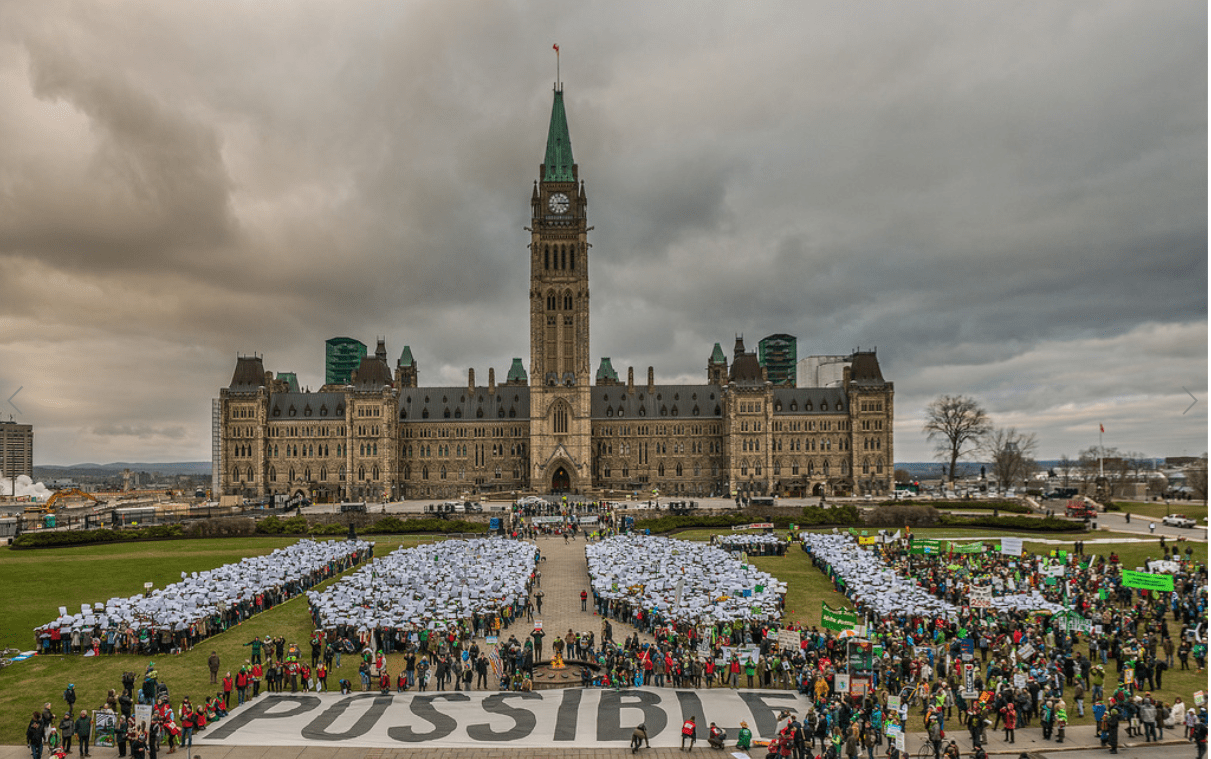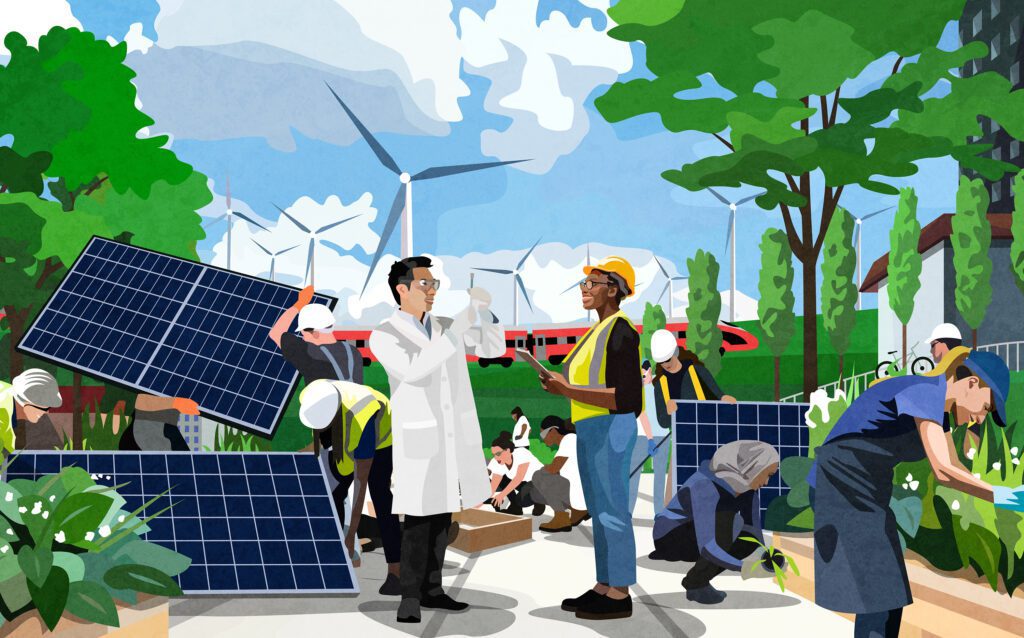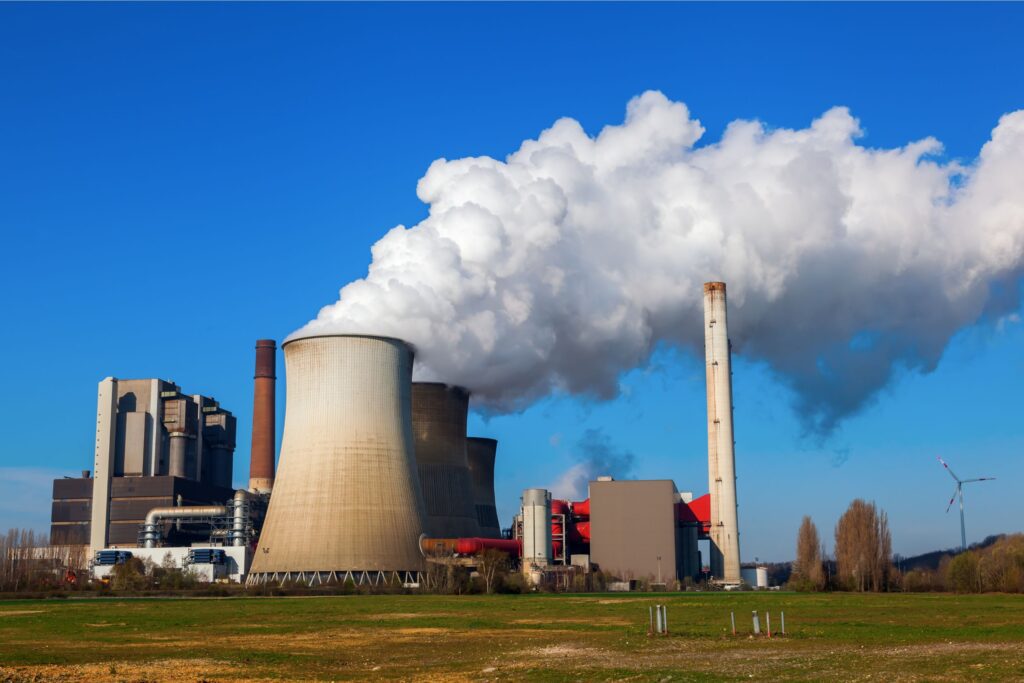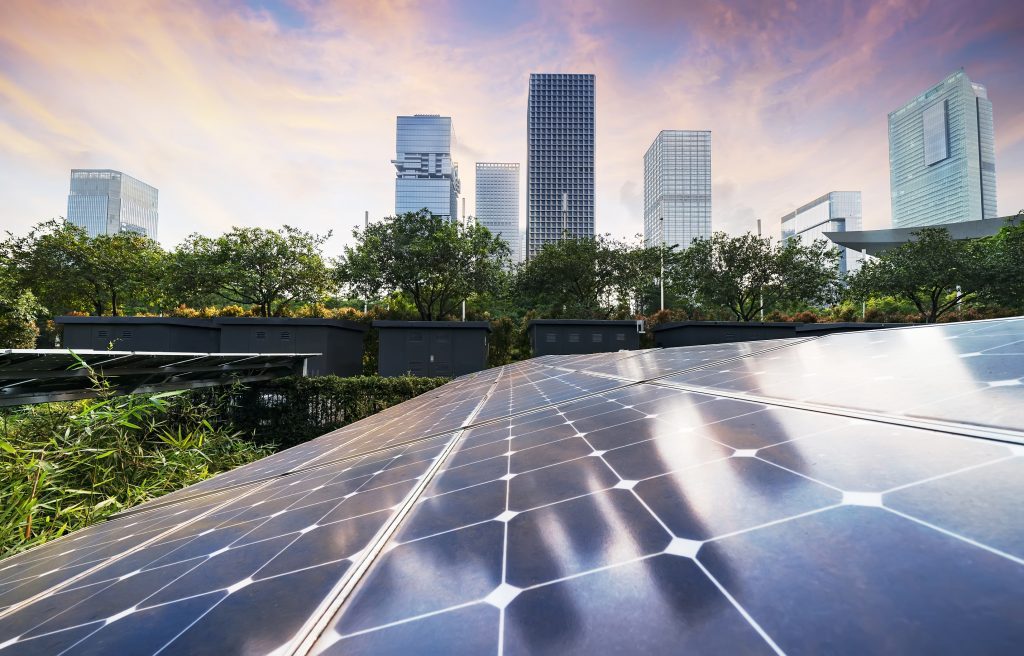Climate change might not be top of everyone’s mind on a frosty Sunday morning, but it was for thousands of Canadians on November 29th – including me.
After weeks of organizing a total of seven buses from the GTA, it was finally time to head to Ottawa for the 100% Possible March for Climate Solutions and Justice. Winter was in the air as hundreds of concerned Toronto residents gathered at early morning meeting points, but so was a deep concern for the impacts of climate change.
There was much chattering as we travelled, with folks exchanging stories and news, hopes and fears, catching up or getting to know each other. To me, this is always the best part of large rallies that bring the public to the streets – building the face-to-face camaraderie and knowledge-sharing necessary to sustain a movement that holds governments accountable on climate action.
As 60 buses dropped of activists from Ontario and Quebec, the crowd in front of Ottawa’s city hall swelled. And what a diverse and creative crowd it was, reflecting the 100% Possible theme of 100 per cent renewable energy by 2050. The rally was kicked off by elders from the local Algonquin community, emphasizing the strong bond between First Nations and Canadians concerned about climate change. Labour, faith and environmental leaders followed, with stalwart David Suzuki capping it off with a passionate plea for climate action. His key message: the battle to mitigate climate change demands mobilization, resources and political will similar to the efforts of previous generations who fought and won WWII. I’ve seen David Suzuki speak on many occasions, but never with as much urgency.
We then headed to Parliament Hill – a crowd of 25,000 marchers led by chanting First Nations women and youth. It was the largest climate rally our national capital had ever seen. Together, we sent a strong message to our newly elected federal government to show leadership in Paris and deliver on its promises of climate action.
The 100% Possible march in Ottawa was just one of over 2,000 actions across the globe that put pressure on world leaders at the U.N. climate summit in Paris (COP21). What we need are commitments to ambitious targets that will keep the world below the dangerous 2 degree Celsius warming threshold.
There is some room for optimism, especially with regards to China and the U.S., notorious holdouts in previous negotiations. Canada, with an infamous reputation for blocking deals, has a new government that has promised cooperation, even proclaiming that “Canada is Back!”
Sadly, the Canadian delegation arrived in Paris with a completely inadequate target crafted by the previous federal government.
There is more cause for concern. The national commitments already submitted to the U.N .by over 150 countries have us on track to 2.7 degrees warming, a temperature increase beyond what scientist consider to be the tipping point. So far, negotiations have been slow, with limited progress. However the 20 most vulnerable countries at the conference showed leadership by pushing for the inclusion of a goal of 100 per cent renewable energy by 2050 in the Paris accord, and Canada’s Minister of the Environment and Climate Change, Catherine McKenna, surprised everyone by calling for a 1.5 degree warming target instead of 2 degress.
That’s exactly what marchers in Ottawa, Toronto, Vancouver and other cities across Canada and the world made clear: a just transition to 100% renewable energy by 2050 is possible and necessary. Now our leaders have to listen to the people and be bold and decisive – in Paris and in the months and years ahead.







